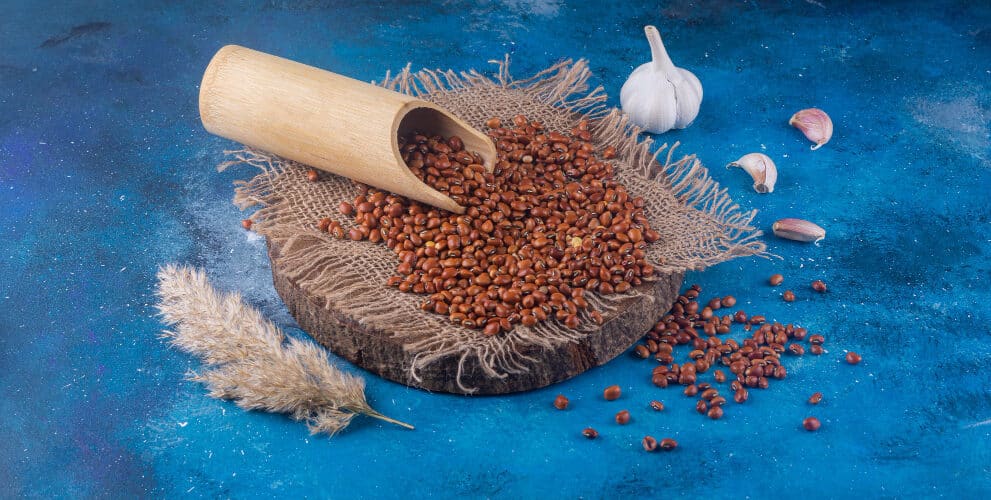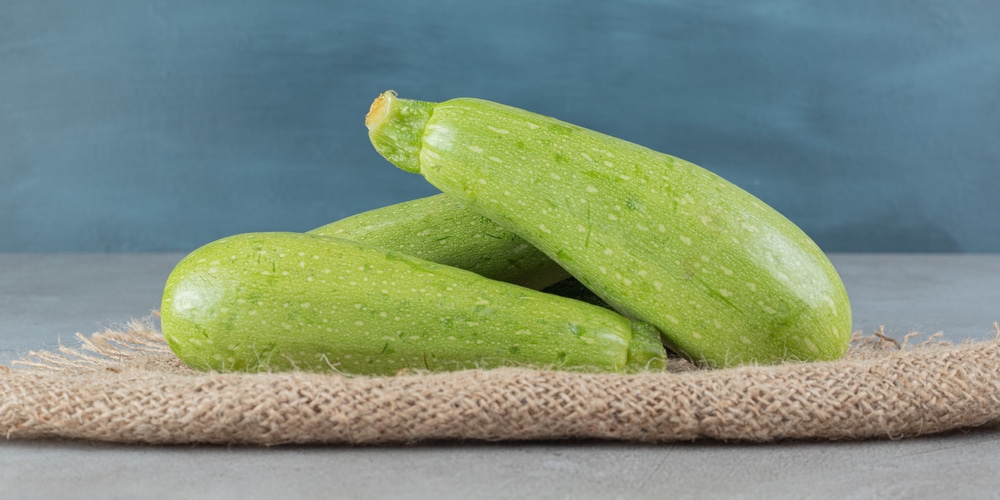Fact Check: Are chia seeds dangerous if not consumed properly? What you need to know
If not consumed correctly, eating chia seeds can lead to choking, digestive issues, or allergic reactions. Here's what you need to know
Author
Author
- admin / 5 months

- 0
- 5 min read

Author
CLAIM:
Chia seeds can be dangerous if not consumed properly.
FACT:
Chia seeds are nutritious and beneficial, but if consumed dry or in large amounts, they can cause choking, digestive issues, or allergic reactions. Experts suggest soaking them before eating and limiting intake to 10–20 g per day to stay safe.
We try to experiment with all kinds of superfoods—whether it’s to lose weight or lead a healthier life. From Alia Bhatt’s viral chia pudding recipe to fitness influencers promoting smoothie bowls, chia seeds have quickly gained the label of a miracle food. However, social media posts are now warning that these tiny seeds may not be as harmless as they appear.
In a viral Instagram post, Dr Manan Vora, an orthopedic surgeon with 550K followers, cautioned against the hidden dangers of chia seeds.
According to Dr Vora, chia seeds can be dangerous if consumed the wrong way. “These tiny seeds can absorb up to 12 times their weight in water. If you eat them dry, they can get stuck in your throat. A man even choked after drinking water over dry chia seeds. He couldn’t even swallow his own saliva. So always be careful,” he says.
Are Chia seeds dangerous if not consumed properly?
Chia seeds are packed with omega-3 fatty acids, antioxidants, vitamins, minerals, and fiber. These nutrients may help protect against inflammation, oxidative stress, and high blood pressure. However, while chia seeds can offer several health benefits, consuming them incorrectly or in excess may also lead to certain risks.
One of the most common issues linked to chia seeds is digestive discomfort. About 28 grams provides more than 9 grams of fiber—almost a third of the daily recommended intake. Fiber is important for gut health, blood sugar management, and bowel regularity. But consuming too much, especially without enough hydration, can lead to abdominal pain, bloating, gas, diarrhea, constipation, or even bowel obstruction.
People with conditions such as Crohn’s disease or ulcerative colitis may need to be cautious with chia seeds, as their high insoluble fiber content can worsen gastrointestinal symptoms during flare-ups. In fact, about 85–93 per cent of the fiber in chia seeds is insoluble, meaning it does not dissolve in water and passes through the intestines undigested. According to the Crohn’s and Colitis Foundation, excessive intake of insoluble fiber may aggravate issues such as diarrhea, bloating, and abdominal pain.

Chia seeds can absorb up to 12 times their weight in liquid. If eaten dry, they may swell and get stuck in the throat. A 2014 case study described how a man developed an esophageal blockage after swallowing a spoonful of dry chia seeds followed by water, requiring emergency medical treatment.
Some case reports have found that people with existing allergies to sesame seeds, hazelnuts, and peanuts experienced allergic reactions after consuming chia seeds. This is likely due to cross-reactivity, a process in which similar proteins are present in both chia seeds and the allergenic foods, triggering an immune response.
Symptoms of chia seed allergy
It can include dizziness, itching in the mouth or on the lips and tongue, swelling of the lips, face, or eyes, abdominal pain, and diarrhea. In severe cases, the reaction may progress to anaphylaxis, a life-threatening condition that causes difficulty breathing, tightness in the throat and chest, and even fainting.
Although rare, chia seed allergies can also occur in people with no prior history of food allergies. A 2019 review reported two such cases, including one in which a person developed eczema-like symptoms on the hands, such as dry and itchy skin, after eating chia seeds.
Chia seeds are safe for most people, but you may want to limit your intake if you’re taking medications to manage certain health conditions. For instance, research suggests that chia seeds may lower blood sugar levels. This could be due to the high amount of fiber, which slows the absorption of sugar in the blood and can decrease blood sugar levels.
Mrs Anjali Gupta, Dietician at Dr Ram Manohar Lohia Hospital, stresses that chia seeds should always be soaked before consumption. “Chia seeds need to be soaked for at least half an hour to an hour, and ideally overnight. Eating them dry can cause problems and even lead to choking,” she explains.
She adds, “I’ve seen this happen in my own family. One of my relatives used to sprinkle dry chia seeds on curd without soaking them. At first, nothing happened, but later she developed a problem in her throat and had to undergo an endoscopy.”
Mrs Gupta points out that chia seeds are rich in soluble fiber and can help manage weight and blood sugar, but moderation is important. “About 10 to 20 grams a day is enough. Excessive consumption may cause digestive issues like diarrhea, constipation, or bloating,” she says.
She also advises caution for people with allergies or certain health conditions. “It’s a good idea to do an allergy test first. People with non-communicable diseases, heart problems, asthma, or upper respiratory issues should be particularly careful,” Gupta notes.
For safe consumption, she recommends soaking chia seeds before adding them to food or drinks: “You can soak them for 5–10 minutes if you’re in a hurry, or overnight if possible. They can be added to puddings, lemon water, buttermilk, or other dishes. Soaking helps prevent choking and digestive problems, and this is the method I usually recommend to my patients.”
Also read: Survey reveals healthiest processed foods for Americans










